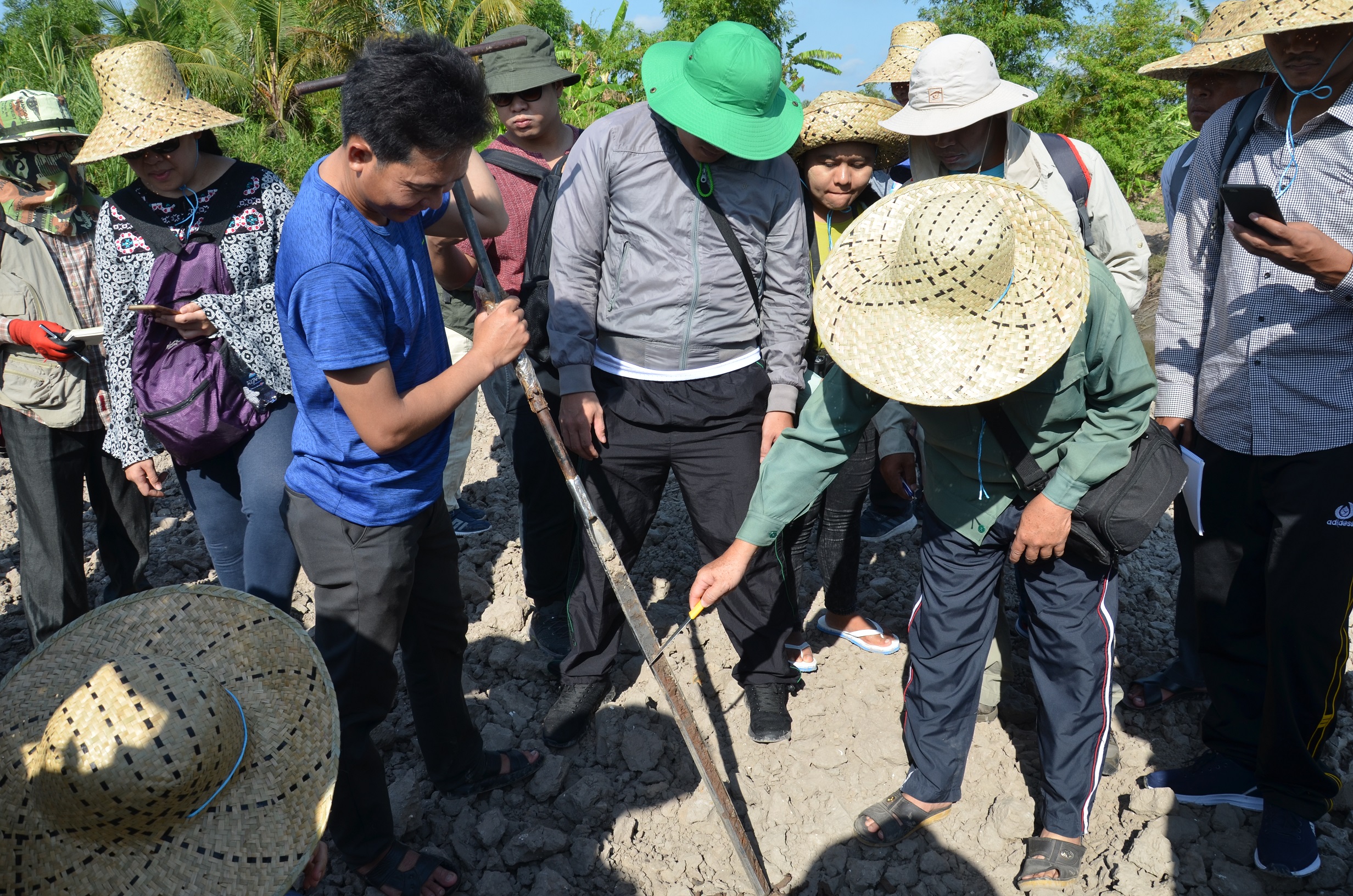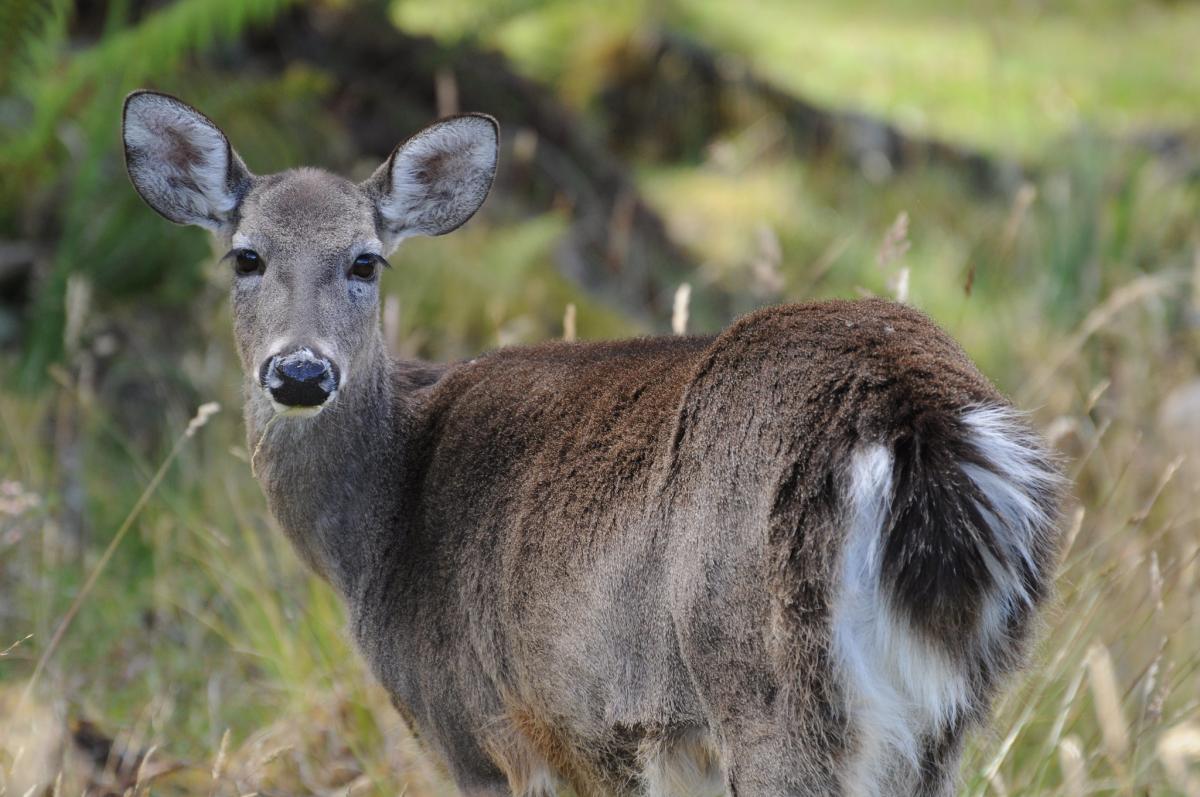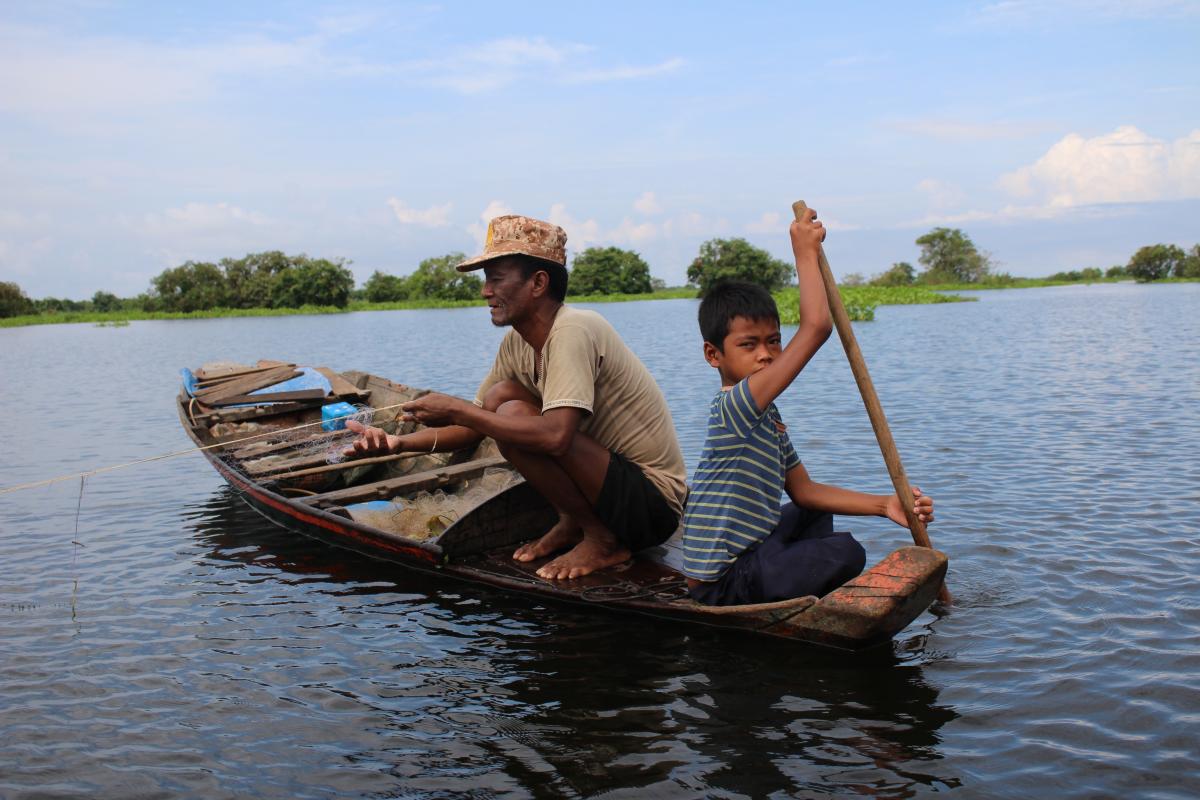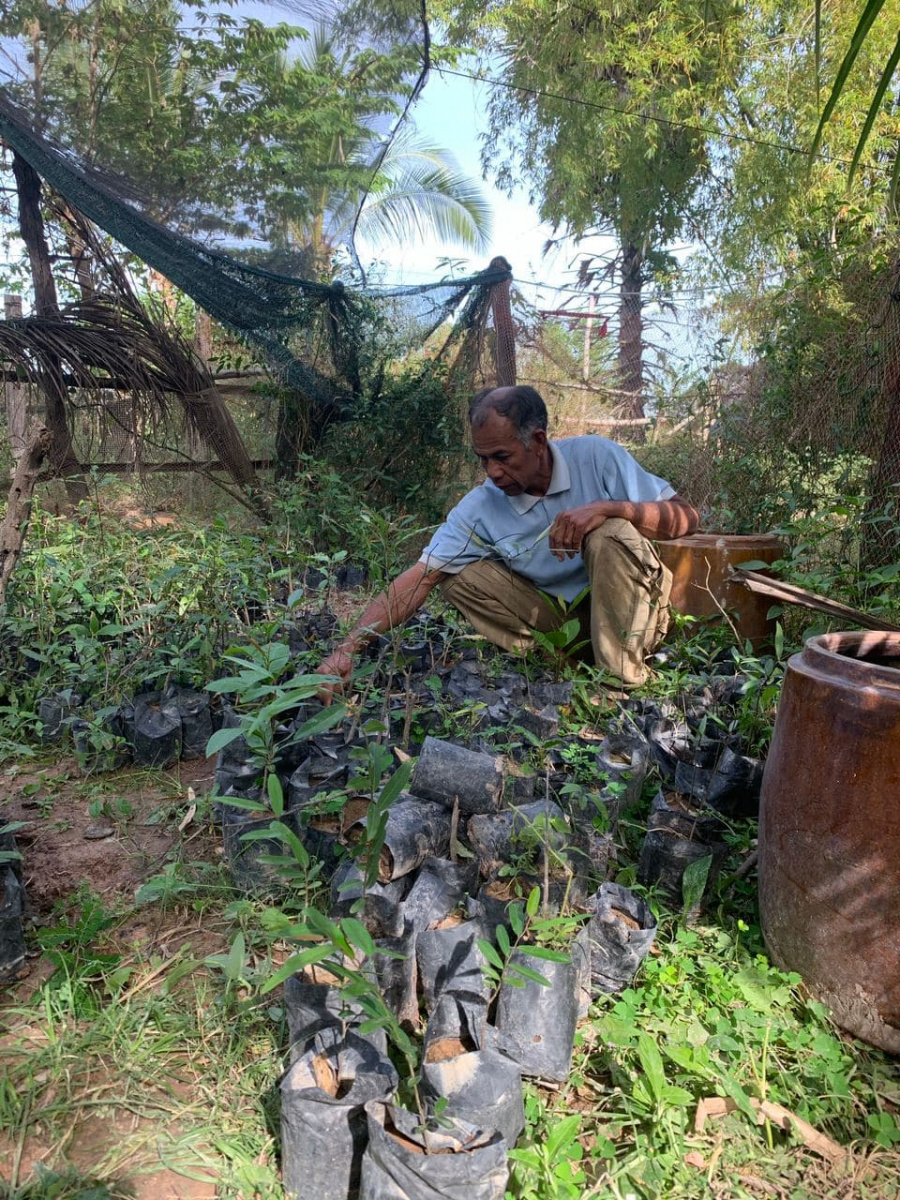Indo-Burma training programme boosts wetlands resilience to climate change
From 23 March to 7 April, the IUCN Mekong WET project, in collaboration with the Mekong Wetland University Network and the U Minh Thuong National Park, organised a “Training of trainers” workshop in Viet Nam. The workshop is part of a comprehensive training programme that aims to increase Indo-Burma wetlands practitioners’ understanding of wetlands ecosystems with regard to climate change.

Photo: IUCN
Over 30 representatives, including university lecturers and government officials from Mekong WET target countries Thailand, Viet Nam, Cambodia, Lao PDR, along with university staff from Myanmar, attended the “Training of trainers” workshop held at the U Minh Thuong National Park.
The workshop provided participants with the tools and knowledge to conduct trainings for stakeholders with a vested interest in wetlands, in their respective home countries.
These national trainings will take place in the next six months, and aim to enhance the resilience of wetland ecosystems throughout the Lower Mekong region, with a particular focus on 10 selected sites. The majority of the selected sites are designated Ramsar sites which support large numbers of wetland birds and high biodiversity, and provide livelihoods for thousands of people.
“We will use the knowledge gained in this workshop to train local people, especially park managers and university staff,” said Dr. Khamla Inkhavilay, Lecturer, Faculty of Natural Sciences, National University of Laos. “The training helped to increase our team’s knowledge about unique wetland ecosystems and their relationship to the Mekong River.”
The “Training of trainers” workshop was divided into three components: lectures on wetland ecosystems, vulnerability assessments and the development of management plans; field work in the national park and surrounding community to apply the concepts learned; and analysing data and formulating management plans based on fieldwork observations.
 Photo: IUCN
Photo: IUCN
“In north-eastern Thailand, we don’t have peat swamp wetlands. Therefore it was interesting to learn about this ecosystem, how it is being affected by climate change, and measures that can be implemented to increase its resilience. These lessons can be applied to other wetland systems throughout the Mekong Region,” said Mr Komgrit Wongpakam, Deputy Director of Planning and Development, Walai Rukhavej Botanical Research Institute, Mahasarakham University.
As part of Mekong WET, teams of scientists and managers in each country previously completed ecosystem and community vulnerability assessments with a focus on the impacts of climate change. The results of the assessments will be used to develop adaptation plans that aim to increase the sites’ resilience to climate change impacts.
In the Lower Mekong region, millions of people rely on wetlands for their survival. Infrastructure development, increased deforestation, and the expansion of intensive agriculture have resulted in the reduction of water quality and shrinking wetland habitats. Climate change is already impacting the livelihoods of local communities in the region; many are experiencing saline intrusion, reduced fish catches, and crop damage from storms. The development and implementation of robust management plans can minimise impacts to biodiversity and local communities that rely on healthy wetlands.
Funded by the International Climate Initiative (IKI) of the German Federal Ministry for the Environment, Nature Conservation, Building and Nuclear Safety (BMUB), and to be implemented until 2020, the “Mekong WET: Building Resilience of Wetlands in the Lower Mekong Region” project aims to build climate resilience by harnessing the benefits of wetlands in Cambodia, Lao PDR, Thailand, and Viet Nam. Mekong WET will help these countries to address their commitments to the Ramsar Convention, an international treaty for the conservation and sustainable use of wetlands, and to achieve the Aichi Biodiversity Targets.
About Mekong Wetland University Network
The MWUN is a formal network of universities in the Mekong region (Cambodia, Lao PDR, Thailand and Viet Nam). MWUN was established to provide trainings on wetland ecology, conservation and management to protected areas staff, government officials and other interested parties. The long term goal of the network is to strengthen the capacity of member universities by establishing academic programmes in wetland ecology and conservation.



